How Can We Secure The Future of Digital Payments?
Thales Cloud Protection & Licensing
JANUARY 10, 2022
The financial services ecosystem has evolved tremendously over the past few years driven by a surge in the adoption of digital payments. The biggest challenge for both retailers and financial organizations was the rapidness of that change. Transact with trusted and reputable retailers. Tue, 01/11/2022 - 06:35.

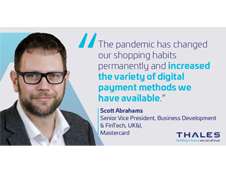













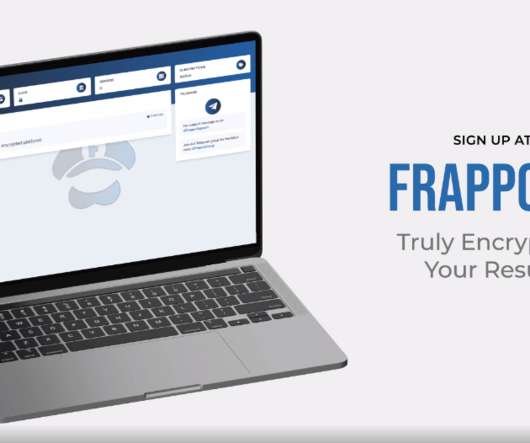
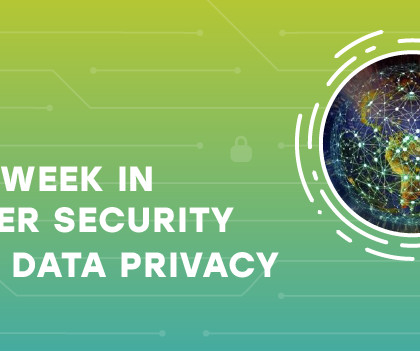
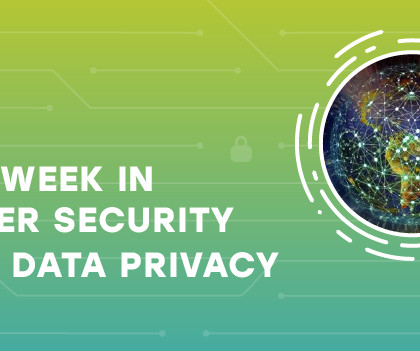

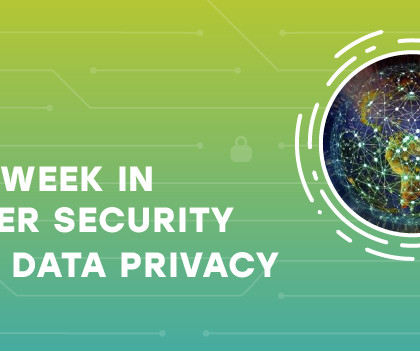







Let's personalize your content